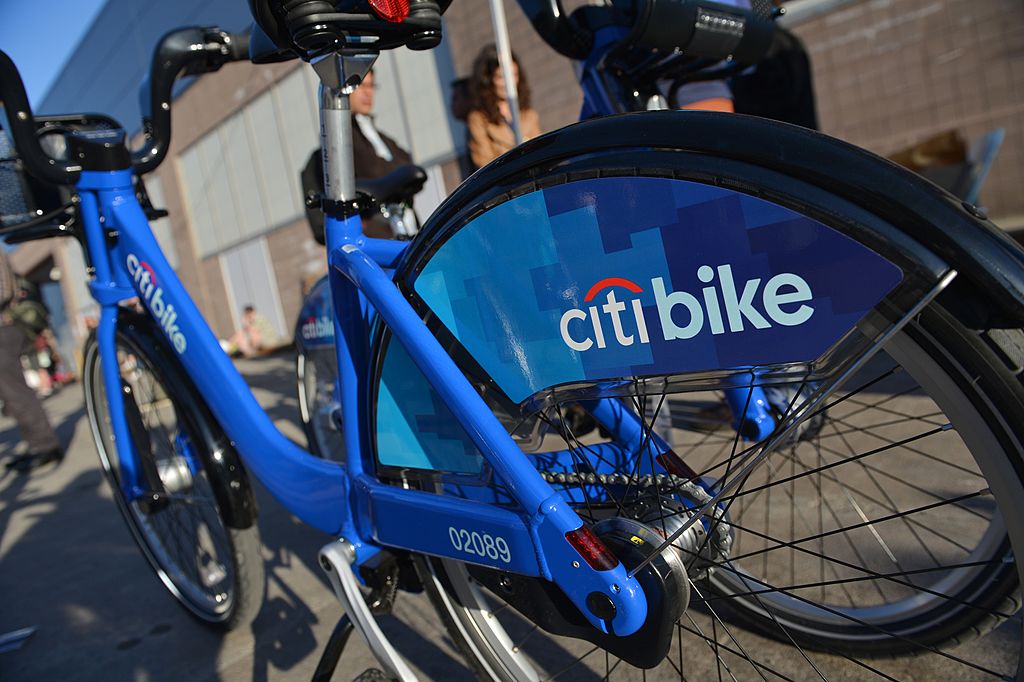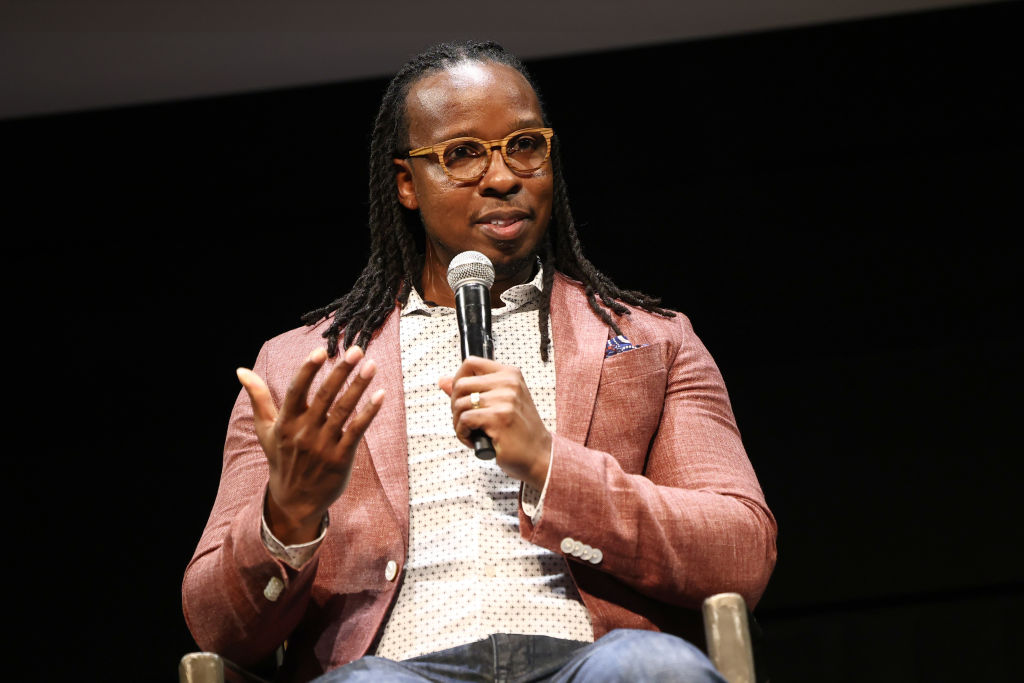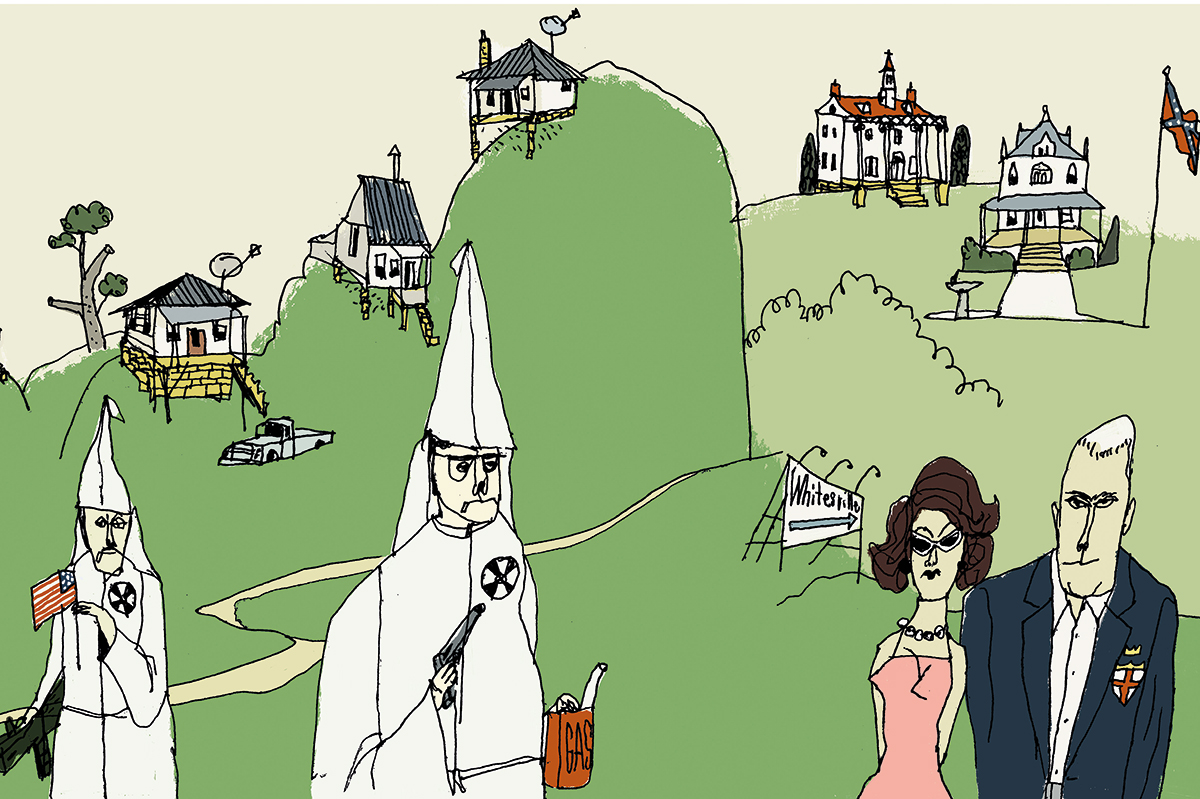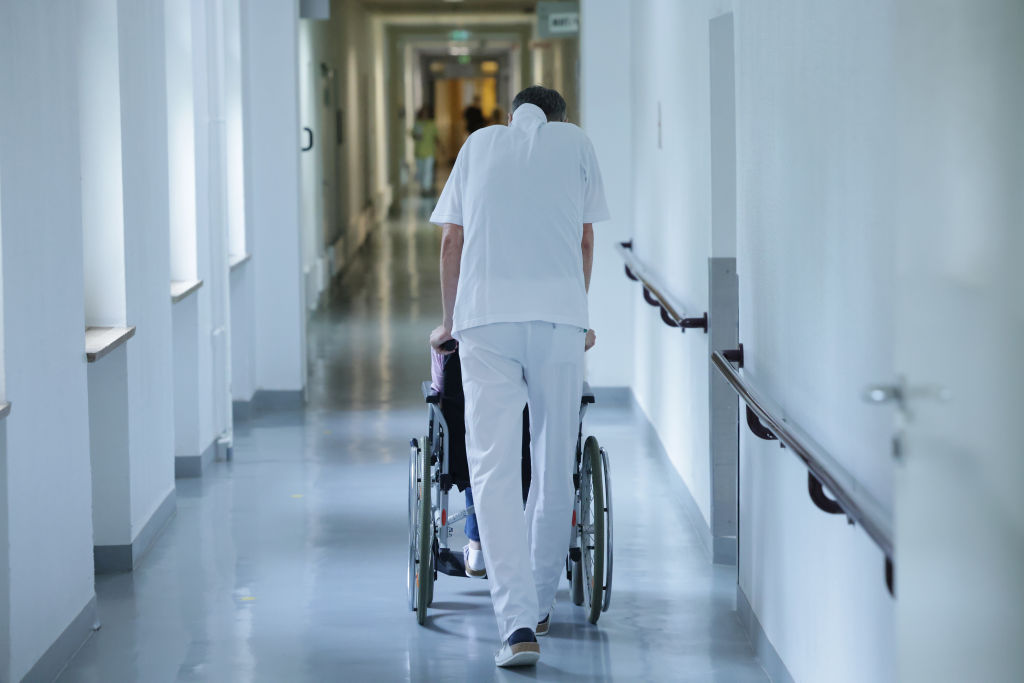As I creep into my mid-twenties something is changing. I’m not quite young enough to be carefree, I pay my bills and taxes on time and worry about the noise pollution level in the area I’m looking to move to. I’ve swapped my six-inch heels for practical sneakers, and I tut at teenagers causing a commotion on the subway. All of which led a friend to accuse me of becoming “something of a Karen.”
The charge is a serious one these days. You see, Karen is no longer a playful term used to describe your entitled aunt who complains about slow service in a restaurant, flipping her asymmetrical bob in irritation. To call someone a Karen in 2023 is to wade waist-deep into the culture wars. At some point over the last few years, the word became more than a tongue-in-cheek jibe. A Karen is now a racial archetype: a particular kind of privileged white woman. And if you are labeled one, especially by strangers online, there is every chance that your life will be irreparably destroyed.
May was a bumper month for karentroversies. In one incident, Uber’s head of diversity, Bo Young Lee, was forced to take a leave of absence after holding an event titled “Don’t call me Karen,” which was described as an “open and honest conversation about race,” and was meant to invite staff to discuss their perceptions of the Karen persona. After the event, employees complained that it “trivialized racism.” And so an Asian-American employee got the boot because of all the “pain and upset” she caused. Shortly before Lee’s defenestration, pregnant nurse Sarah Comrie was branded the “CitiBike Karen.” A viral video showed her crying in front of a group of black men, insisting that the CitiBike she rented was actually hers after they accused her of stealing it. Comrie was doxxed, put on leave by her employer and accused by civil rights attorney Ben Crump of “weaponizing her tears” in ways that “endangered” the men in the video. Others compared her to “the woman whose lies got Emmett Till brutally murdered.” There was one problem with what otherwise was the perfect story for race-baiting liberals: the bike was the one she had rented — she was, in fact, in the right.
Not so long ago, we were laughing with Karens, not wagging our fingers at them. We’ve gone from a time when someone thought it was a hoot to open Karen’s Diner, where staff are paid to insult customers throughout their meal, to the era in which any middle-aged white woman with a minivan is one bad-tempered exchange away from a career-ending viral maelstrom.
As with many things, the turning point was 2020. That year saw the most infamous controversy in the short history of Karens when Amy Cooper called the police on a black man named Christian Cooper in Manhattan’s Central Park. She thought he was threatening her and her dog. He insisted he was a harmless birder. Caught up in its racial reckoning, America confidently identified Amy as a dangerously privileged white woman. Christian made the most of his moment in the spotlight, publishing a book for DC Comics called It’s a Bird and presenting a bird-watching show for National Geographic.
But a year later critical details revealed that there was much more to the story. Christian had a history of trying to lure dogs away from their owners, Amy was a sexual assault survivor and her hysterical tone in the video was down to a bad connection with a 911 operator who couldn’t hear her. It was too late to save her reputation: Amy had been let go by her employer and harangued so much that she had fled the country.
Karens are reprehensible and Karens are vilified. They stand alone in a category of first-name-calling. The others are all harmless jokes in comparison: Basic Beckys, who love Starbucks and Uggs; Chads, the dumb Alpha males who are douchebags to women. The writer River Page has it right: “Karen has become the most powerful slur in America,” he explained in a recent column. Its potency lies in its non-specificity — shoved into over-simplified racial narratives, “Karen” has become a catch-all for white women in any kind of confrontation — and the characterization seems immune to evidence. As case after case shows, the details don’t matter as long as there’s video footage of a white woman shouting.
Increasingly, I’m not only sympathetic to those women unfairly labeled Karens. I’ve also come to appreciate any fussy middle-aged women eager to “speak to the manager.” In a country losing its grip on order, we may need Karens more than ever. Last week a friend told me about how, as a teenager, he stole snacks from the bodega, only to be chased down the street and reprimanded by a Karen. “I hated it at the time, but I never stole again,” he said. With theft effectively decriminalized in some parts of the country, Karens are all that stand between us and anarchy. Great judicial minds debate ordered liberty; I know its yoga-pant-wearing enforcer when I see her.
Karens are, in fairness, unlikable at their core. They are finger-waggers, curtain twitchers, nosey vigilantes, but they are also — mostly — harmless. The next time you whip out your iPhone camera to film a stressed-out white lady having a moment, ask yourself: who is the real Karen here?
This article is taken from The Spectator’s July 2023 World edition.

























